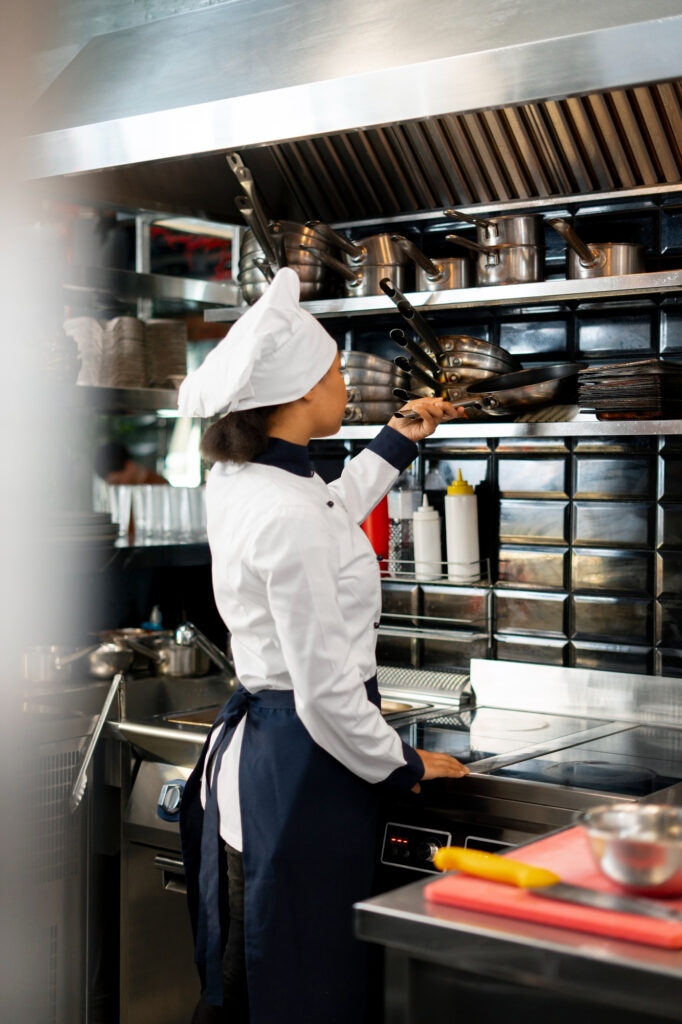1. Gotta Have a Plan
I learned the hard way that the first step in starting a restaurant is to have a plan. Trust me, having one will definitely help you feel less overwhelmed and better able to manage the uncertainty of starting a restaurant. Since the biggest risk in any new business is that you won’t have enough cash to meet your expenses before you have enough customers to generate the revenue to cover them (this is called “breaking even”), having a Plan starts with understanding:
- What upfront costs you can expect in order to make it to opening day
- What your monthly costs will be once you open the restaurant
- When you will need to make these payments so you can plan out the cash you have available



